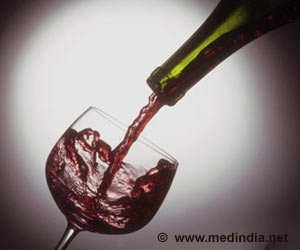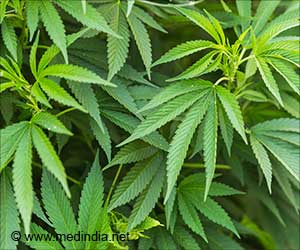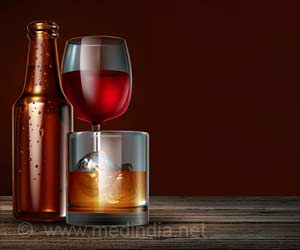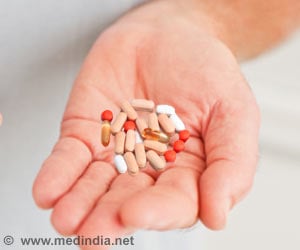Alcohol content in the blood was found to suppress appetite and weight gain, reveals study.

TOP INSIGHT
Increased alcohol content in the blood reduces appetite and weight gain.
When the researchers dosed the rats with higher levels of alcohol through injections in an effort to mimic the effects of binge drinking, however, the results were very different.
At blood alcohol levels that correspond to intoxication in humans (0.08 percent and higher), the rats ate significantly fewer calories and began to lose weight. This is the first study to show a direct link between blood alcohol levels and feeding behavior in rats.
Rats make better models of human feeding behaviors than mice because rats are bigger mammals and eat significantly more than mice, making it easier to measure their food intake.
Their feeding patterns and related brain circuits also are more like those of humans, she explained. But there are limitations. Several studies in humans suggest that moderate drinking stimulates appetite, but this is not seen in the rats.
Future studies will try to better mimic conditions that humans encounter when consuming alcohol, Liang said. "When humans drink, a lot of times it's in an environment that encourages appetite, so it's at a dinner or a social event like a party," she said. Adding, "And then you have a glass of wine and your blood alcohol level is elevated but not reaching intoxication, and there's also a lot of food around and you have choices of what food you want."
However, this would not be a good weight-loss model for humans. "In this case, high blood alcohol levels suppress appetite and suppress weight gain, but it's more like the loss of appetite and weight loss during sickness," she said.
Source-ANI
 MEDINDIA
MEDINDIA



 Email
Email










